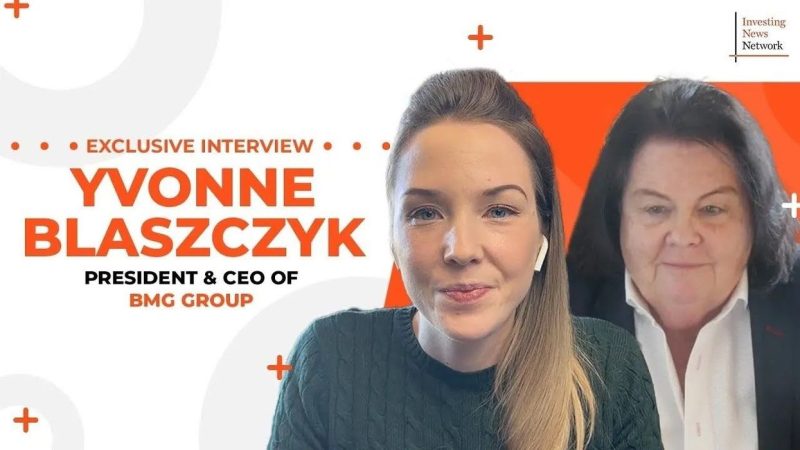In recent years, the global economic landscape has experienced significant shifts, with emerging economies playing an increasingly influential role in shaping the dynamics of the world economy. The BRICS nations, which include Brazil, Russia, India, China, and South Africa, have emerged as key players in the global market and are making waves with their economic policies and initiatives. Yvonne Blaszczyk, a prominent economist, has shed light on the ongoing global gold rush and highlighted key takeaways for the BRICS nations and the potential impact of the US elections.
One of the central themes discussed by Yvonne Blaszczyk is the rising importance of gold in the global economy. Gold has long been considered a safe-haven asset, particularly during times of economic uncertainty and market volatility. In recent years, central banks of various countries, including those of the BRICS nations, have been increasing their gold reserves as a way to diversify their holdings and safeguard against currency fluctuations. The global gold rush is fueled by a combination of factors, including ongoing geopolitical tensions, economic uncertainties, and the desire for stability in times of crisis.
For the BRICS nations, the global gold rush presents both opportunities and challenges. As major emerging economies, these nations are well positioned to benefit from the rising demand for gold and the potential for increased trade and investment opportunities. By bolstering their gold reserves and exploring avenues for collaboration in the gold market, the BRICS nations can enhance their economic stability and influence on the global stage. However, they must also navigate the complexities of the global gold market, including price fluctuations and regulatory issues, to maximize the benefits of the current gold rush.
Moreover, Yvonne Blaszczyk underscores the importance of the US elections and their potential impact on the global economic landscape. The outcome of the US elections can have far-reaching implications for international trade, global economic policies, and market sentiment. As the world’s largest economy, the United States plays a pivotal role in shaping the global economic agenda. Changes in US leadership and policies can influence investor confidence, financial markets, and the trajectory of global economic growth. The BRICS nations are closely watching the US elections and preparing for potential shifts in the global economic order.
In conclusion, the ongoing global gold rush and the upcoming US elections are shaping the contours of the world economy in significant ways. The BRICS nations stand to gain from the current gold rush by leveraging their economic strengths and regional cooperation. By strategically managing their gold reserves and capitalizing on emerging opportunities in the gold market, the BRICS nations can enhance their economic resilience and competitiveness. Additionally, the outcomes of the US elections will have profound implications for the global economic landscape, highlighting the interconnectedness of the world economy and the importance of proactive engagement in shaping the future of international trade and finance. Yvonne Blaszczyk’s insights provide valuable perspectives on these critical issues and offer valuable takeaways for policymakers, investors, and stakeholders in the global economy.
